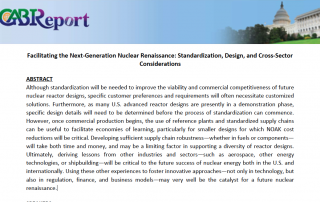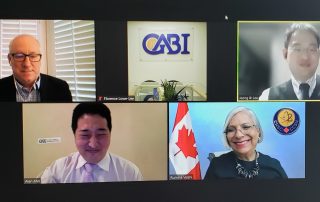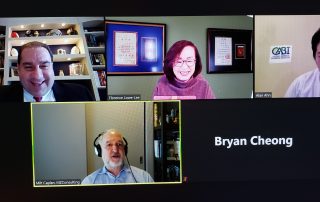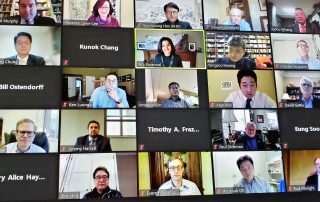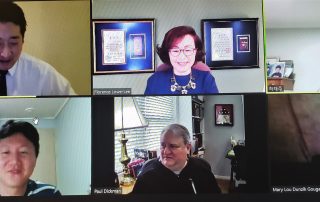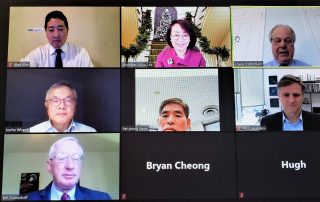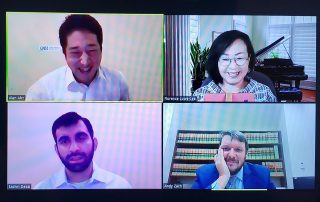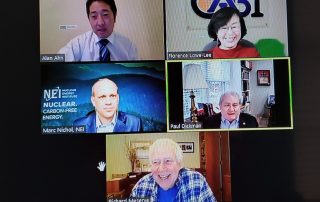GABI organizes nuclear energy roundtable discussions on a diverse range of topics that are relevant to nuclear markets both in the United States and globally. The discussion topics range from the civil nuclear partnerships, nuclear safety, nonproliferation, spent fuel management, international R&D and commercial collaboration, market and industry forecasts, and other related topics.
Nuclear Batteries: The Need for Radical Innovation
Smaller nuclear technologies offer a significant opportunity for the widespread deployment of nuclear technologies globally. While the current business model of large reactors is economically unattractive in many parts of the world due to lengthy testing and licensing, field construction, large scale size, or grid stability, small reactor technologies such as microreactors can overcome many



